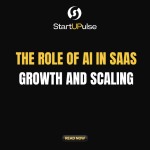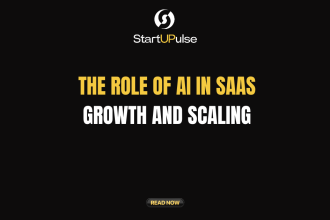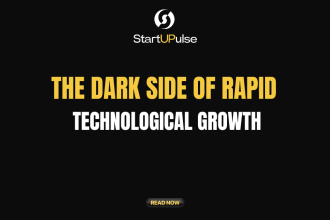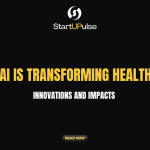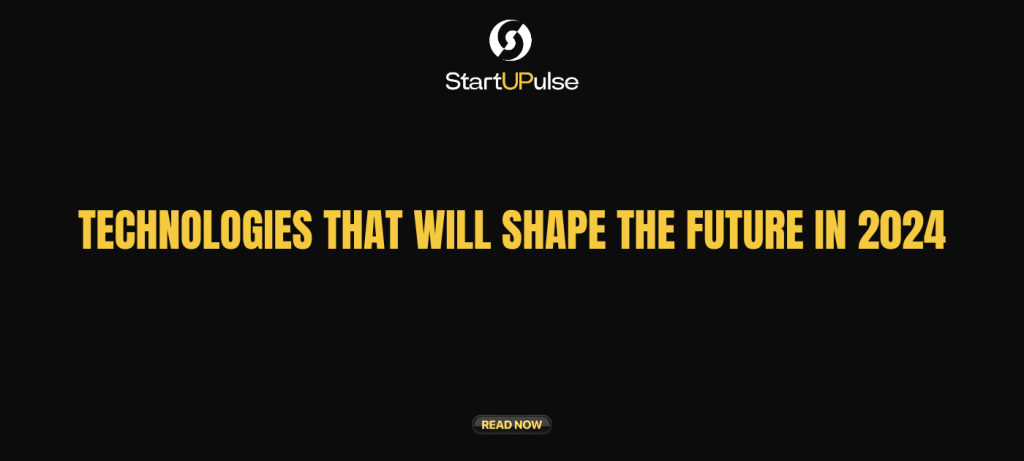
A Journey Through Technological History
The Industrial Revolution (1760-1840) The Industrial Revolution was a huge turning point. Machines and factories emerged, transforming society from agriculture-based toindus trialized cities. The steam engine played a crucial role, powering trains and ships, making production faster and more efficient.
The Age of Electricity (late 19th to early 20th century) Electricity revolutionized society. Thomas Edison invented the light bulb, and Nikola Tesla created the AC power system, allowing homes and factories to operate around the clock. Electric motors, telephones, and telegraphs changed industries and daily life.
The Information Age (1970s-present) The Information Age began with the creation of microprocessors, leading to personal computers and the internet. Information became accessible, and communication became instant and global. Companies like Apple and Microsoft revolutionized how we work, play, and connect.
The Mobile Era (2000s-present) Smartphones changed our lives again. The release of Apple’s iPhone in 2007 put powerful computers in our pockets. Apps transformed industries, from transportation with Uber to social networking with Facebook, making the internet more accessible and integrated into daily life.
Innovations Shaping 2024
Artificial Intelligence (AI) AI is now part of our daily lives, from writing text and creating images to producing videos based on simple instructions. AI is automating tasks, analyzing data, and providing new insights. Companies like OpenAI, Google, and Microsoft are making AI accessible and useful.
Super-efficient Solar Cells Solar energy is crucial for reducing carbon emissions. New perovskite solar cells are more efficient at converting sunlight into electricity, providing cleaner energy at lower costs, and helping to combat climate change.
Apple Vision Pro Apple’s Vision Pro is a high-resolution mixed-reality headset. It’s set to change how we interact with digital content, blending the physical and virtual worlds for immersive games, virtual meetings, and new learning experiences.
Enhanced Geothermal Systems Geothermal energy, sourced from the Earth’s heat, has immense potential. New drilling techniques are allowing access to deeper reservoirs, providing a steady and sustainable source of clean energy.
Chiplets As making smaller transistors becomes harder, engineers are turning to chiplets—small, specialized chips that can be linked together. Chiplets offer all the capabilities of traditional chips but operate more efficiently, making computers faster and more powerful.
Gene-Editing Treatments CRISPR technology is transforming medicine. Recent approvals for gene-editing treatments for sickle cell disease in the US and UK offer new hope for patients by correcting genetic disorders at their source.
Exascale Computers Exascale computers are supercomputers capable of performing billions of calculations per second. They handle complex simulations for climate research, physics, and more, pushing the boundaries of scientific discovery.
Heat Pumps Heat pumps, which heat and cool buildings, are becoming more popular as sustainable alternatives to traditional heating systems. New high-temperature models may even help reduce industrial carbon emissions.
Twitter Alternatives Elon Musk’s changes to Twitter have led many users to explore alternatives like Blue sky and Threads, offering different features and experiences. This shift reflects the changing landscape of social media and digital communication.
Products Leading the Way in 2024
OpenAI’s GPT-4 OpenAI’s GPT-4 is an advanced AI tool pushing the limits of natural language processing. It’s used in customer service, content creation, and more, showcasing AI’s everyday applications.
Tesla’s Full Self-Driving (FSD) Software Tesla’s FSD software is making significant strides toward fully autonomous vehicles. Continuous improvements are bringing us closer to cars that can drive themselves, promising safer and more efficient transportation.
Quantum Computing Quantum computing is set to revolutionize many industries. Companies like IBM and Google are making progress, with applications in drug discovery, cryptography, and solving optimization problems that classical computers can’t handle.
SpaceX’s Starship SpaceX’s Starship is designed for missions to Mars and beyond. Its reusable design aims to make space travel more affordable and sustainable, opening the door to human exploration of other planets.
Bioengineered Organs Advancements in bioengineering are bringing us closer to lab-grown organs. This technology could solve the shortage of donor organs, providing life-saving solutions for patients with organ failure.
Blockchain Technology Blockchain is evolving beyond cryptocurrencies. It’s used in supply chain management, secure data sharing, and voting systems. Blockchain’s decentralized nature offers increased security and transparency, making it valuable across various industries.
5G Connectivity 5G networks are rolling out, providing faster data transfer and lower latency. This technology is crucial for the Internet of Things (IoT), smart cities, and autonomous vehicles, creating a more connected and efficient world.
Vertical Farming Vertical farming is an innovative solution to food production challenges. By growing crops in stacked layers within controlled environments, vertical farms use less land and water than traditional agriculture, providing fresh produce to urban areas and reducing transportation costs and environmental impact.
Wearable Health Tech Wearable devices like smartwatches and fitness trackers are becoming more advanced. They monitor vital signs, detect health issues early, and provide real-time data to users and healthcare providers, promoting proactive health management.
Conclusion
The technological advancements of 2024 are set to redefine our future in remarkable ways. From AI and renewable energy to gene editing and space exploration, these innovations build on past technological revolutions. As we embrace these new technologies, it’s important to consider their ethical implications and ensure they benefit everyone. The future is bright, and with responsible stewardship, technology will continue to be a powerful force for positive change





